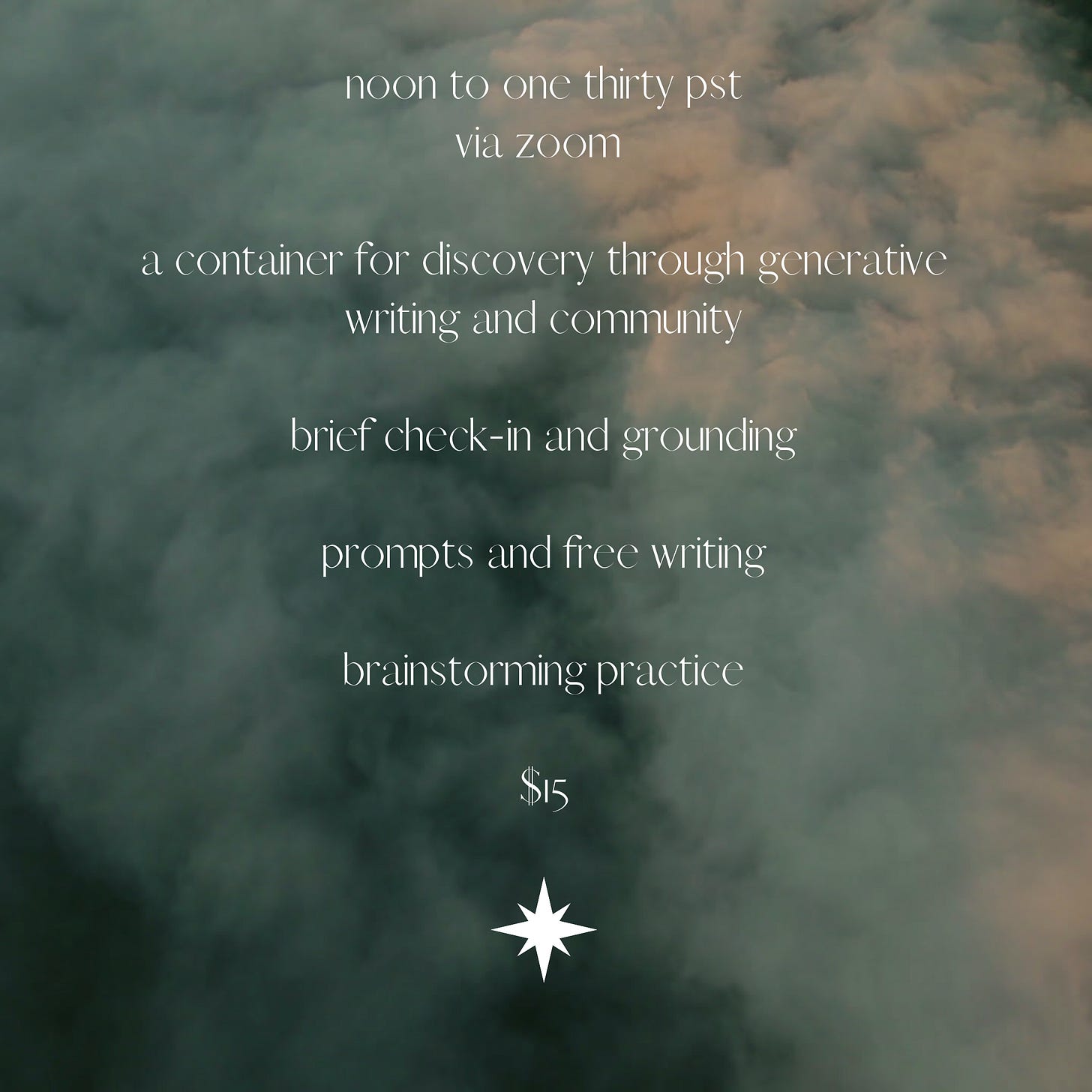Hi! Want to join me this Saturday and flex your writing muscles? I’m leading a workshop called Streaming at noon PST. It’s basically 1.5 hours of connecting with really nice and cool people and also hearing inspiring words but mostly writing. We will be freewriting with the help of generative prompts. Come! Find out more HERE.
Write Your Book Proposal
Keep reading with a 7-day free trial
Subscribe to Gathering to keep reading this post and get 7 days of free access to the full post archives.





